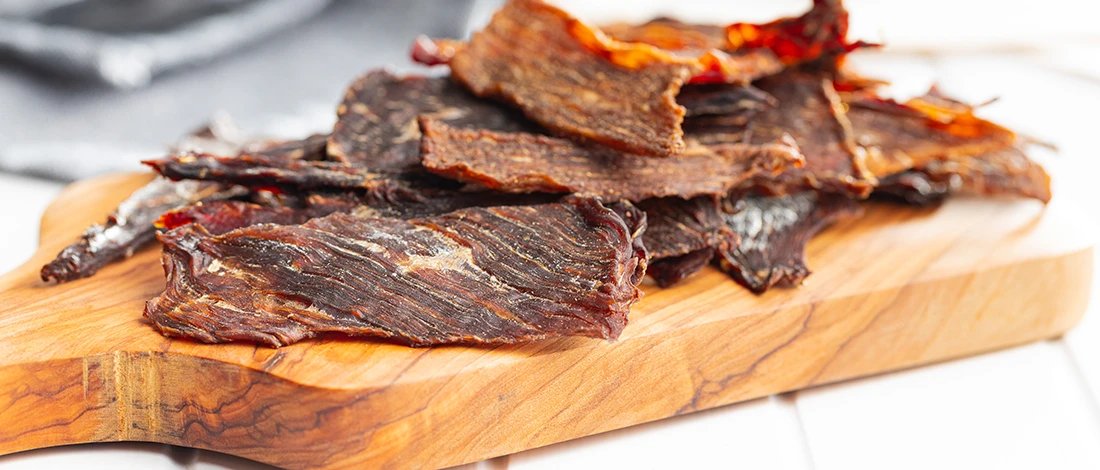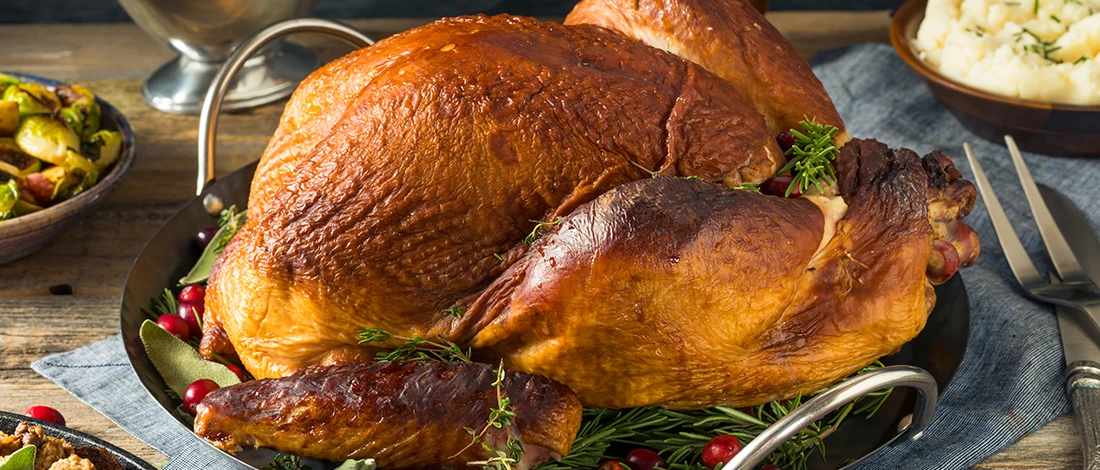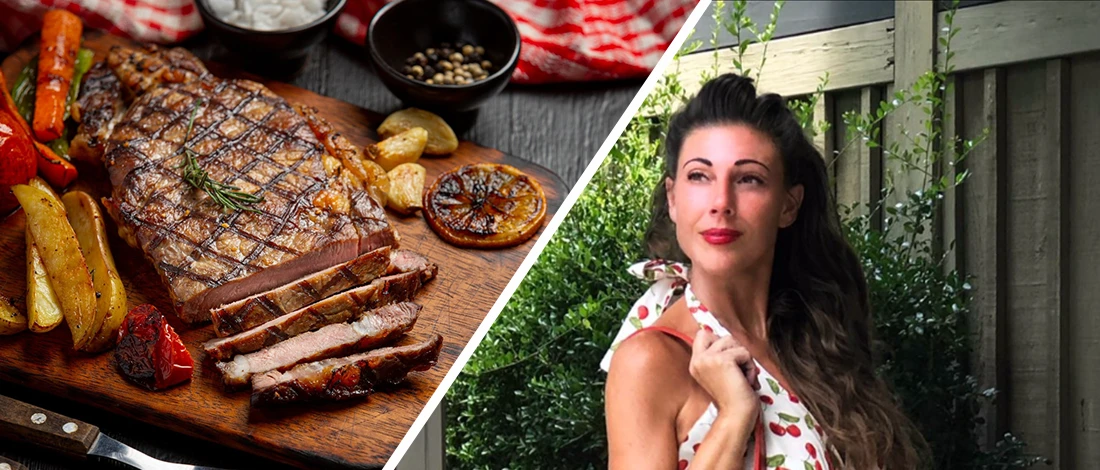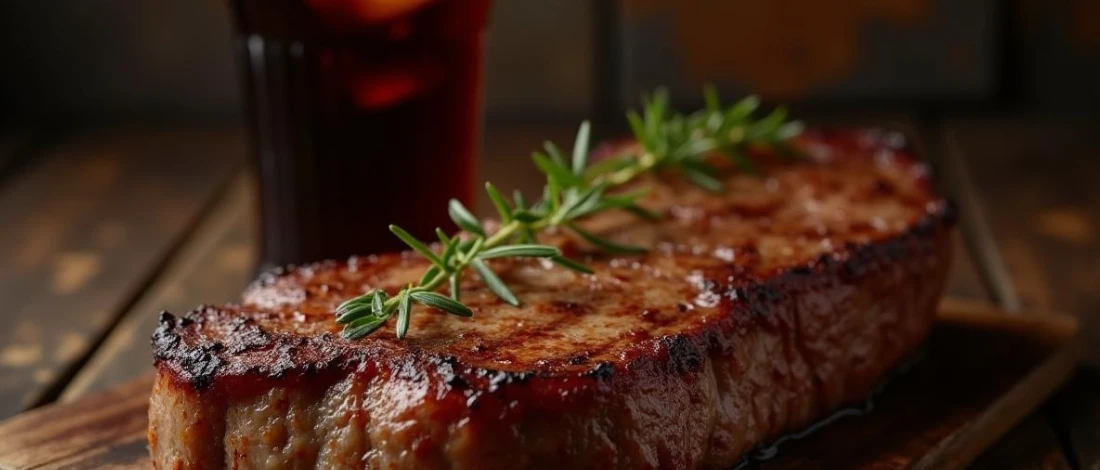Someone a lot wiser than me once said that “if it were easy, they wouldn’t call it an elimination diet.” But the reality is that whenever you make drastic changes to your lifestyle, there will be some negative side effects.
When you're on a high-fat carnivore diet, what you need to understand and work out for yourself, is whether those downsides are worth all the benefits you can get from a pure carnivore diet.
At Carnivore Style, we’re here to help guide you through these challenges with tips, support, and the resources you need to succeed.
First, let’s take a look at what will actually happen in your body.
Quick Summary
- The carnivore diet's side effects arise during the adaptation phase when the body transitions from carbs to fats for energy, causing flu-like symptoms, dehydration, and cravings.
- Adaptation phase symptoms encompass brain fog, headaches, mood swings, digestion issues, fatigue, insomnia, and dehydration.
- In a 2017 study conducted by Shawn Baker, often referred to as the "Carnivore King," it was found that individuals increased their protein intake by up to 500% compared to a standard diet. Consequently, they may need to utilize enhanced hydration, electrolyte supplements, and digestive aids to mitigate potential side effects [1].
What Happens When You Start The Carnivore Diet?

When you start the carnivore diet it can lead to initial negative side effects, including flu-like symptoms as your body adapts to the absence of carbs and experiences a drop in blood glucose levels.
As a former skeptic, the carnivore diet was a real eye-opener for me. It's more than just a low-carb trend; it's a serious commitment, often for weight loss or health benefits.
Many fear it's unhealthy due to its strict meat-only menu, dismissing greens. Let's clear the air on this.
Transitioning to this diet, your body faces a rough patch, often dubbed the "trough of despair," as it adjusts to zero carbs. Expect flu-like symptoms initially – it's a common hurdle.
Your blood glucose is drained, and any glycogen reserves, even a small amount of it, are tapped into as well. Once this happens, your body will actually go into a kind of panic mode, including a quick boost of the blood sugar levels.
So when your body gets used to burning fat and pumping ketones into your blood, those carnivore diet side effects will vanish. It's just like what happens on the low-carb keto diet experience.
Critics love to point at these symptoms and yell, "See, meat diets are bad!" But they haven't walked in those shoes. If they had, they'd know it's just a temporary phase, same as with keto.
Once you're through it, you'll feel more energized than ever. Trust me.

Symptoms Of The Adaptation Period

My personal experience from going through cyclical carnivore diet phases has resulted in the below list of main negative side effects [2].
Here’s what to expect during a carnivore diet:
- Brain fog or trouble focusing
- Occasional headaches often due to dehydration
- Mood swings as your hormones adjust
- Disrupted bowel movements (yes, both more and less frequent as possible)
- Nausea can happen if you get your meal timing wrong
- Digestive problems as your gallbladder adjusts
- Fatigue from a lack of easily accessible glucose
- Insomnia from restless legs and an increased need to pee
- Dehydration through glycogen reduction
- Food cravings for your favorite donut or even some broccoli (NOT)
3 Major Adaptations Your Body Will Undergo:

When you make a major dietary adjustment, then those come with a lot of changes in your body. This is especially the case if you’ve led a less health-conscious lifestyle.
For this carnivore diet specifically, 3 significant things will happen that you should be aware of.
1. Fluid Rebalancing
Before you get overly excited that you see massive weight loss in the first days to 2 weeks of your carnivore diet, a lot of this will be shedding of retained water. As your glucose levels drop, your body will tap into glycogen reserves.
According to a study from the National Library of Medicine in 2015, it was found that each gram of glycogen is associated with 3 grams of water. Consequently, it is possible to lose weight by flushing out 4 to 6 pounds of water [3].
2. Transitioning To Fat From Sugar For Energy
While it is the default and favored method due to the easy metabolic absorption, it’s also the reason we get fat.
So, once you remove all sugar from your nutrition through a carnivore diet, fat will become the source of energy. And if your diet doesn’t supply enough, then those love handles will be targeted. Until that process happens, you will feel like you’re drained of your usual energy. Even a small amount of work will make you initially tired.
Some of the most significant health benefits come from no longer being reliant on carbs, especially sugar, for your energy needs.
A study conducted by Jilian Kubala in 2023 revealed another advantage of eliminating sugar: it has been reported to decrease the inflammation linked to arthritis [4].
It’s not something I have personal experience with, but I have heard this report from several carnivore diet enthusiasts I’ve met who are also on the carnivore diet.
3. Hormone Response And Rebalancing
One of the negative carnivore diet side effects is mood swings and irritability. A lot of this stems from the fact that your hormones will fluctuate, especially Cortisol.
Because your body will initially interpret the lack of carbs from plants as a sign of starvation, it will increase cortisol levels to try and boost blood sugar levels.
However, this hormone is also closely related to stress and anxiety. Sudden fluctuations can make you moody, but this will pass within a few days. If you've previously been on low-carb diets like the ketogenic diet, you'd know exactly how it feels.
Other Symptoms

The above physiological impacts can also have some mental carnivore diet side effects to be aware of.
1. Brain Changes
Most people just think of brain fog when it comes to the adaptation phase before hitting full ketosis. While this lack of mental focus is prevalent and somewhat annoying, it’s not the only carnivore diet side effects.
Basically, your digestive system is going to send signals to your brain, saying, “Hey, what are you doing? We could be starving here.”
Before plant foods and carnivore foods became abundant in human history, this was a very dangerous situation to be in -- so the natural brain response is stress and anxiety to signal that immediate action is needed.
2. Withdrawal
If you’re anything like me and have a bit of a sweet tooth, then you could quickly start noticing withdrawal-like symptoms after adapting a carnivore diet.
This is very similar to what drug addicts experience, even if it’s not as severe. Because sugar is such an easily accessed form of energy, your body will get very used to it as fuel, and when it suddenly disappears, it thinks that something vital is missing.
The Mayo Clinic says your cholesterol ratio is a better risk predictor than total cholesterol or LDL. To find it, you divide your total cholesterol number by your HDL score. That gives Munsey a ratio of 3.6 to 1. As 3.4 is considered optimal, he’s in a very healthy range.
- Sean Hyson, Certified Strength and Conditioning Specialist
3. Cravings
In the first few weeks of the carnivore diet, you’ll likely get regular cravings for carb-rich foods. This could be anything - from sweet foods like cake or a cinnamon bun to plant foods like a humble potato.
One of the main reasons for this is that your body is still struggling to get all the energy from fat. The best solution to a carb craving is to boost your animal-based and high-protein fat intake instead.
Read more: What Are Meat Sweats?
Tips And Tricks To Survive A Meat-Only Diet:

So, you now know what negative carnivore diet side effects you can expect from zero-carb diets like the carnivore diet.
Unfortunately, there is no easy road to weight loss or muscle gain, and in many ways, you can argue that the more difficult the task might seem, the better the results will be. That doesn’t mean there aren’t a few things you can do to reduce the discomfort [5].
1. Eating More Meat

Feeling hungry in the first couple of weeks is not uncommon while on a carnivore diet, and the last thing you should do is ignore it.
You can do one of two things. Either eat more meat or eat better quality meat.
If you buy grass-fed beef, for example, you will get more nutrient-dense foods from the same amount of volume, and the result will be less hunger and cravings.
You should also try these meat delivery services:
Many carnivore diet symptoms can be tied back to low energy levels, and the best way to refuel is to increase the calories and nutrients you get from meat.
2. Don’t Underestimate Hydration

I already mentioned above that in the first few days, you would lose weight through glycogen reserves being a target for energy.
It’s a normal process when your dietary nutrition suddenly lacks carbs and high fiber.
This process alone can remove 4 to 6 pounds of water that need to be replenished, but you will also lose a load of sodium, which will cause further dehydration.
At a minimum, aim for one pint of water with 3 meals a day, and 2 extra pints in between.
3. Supplements For Electrolyte Support
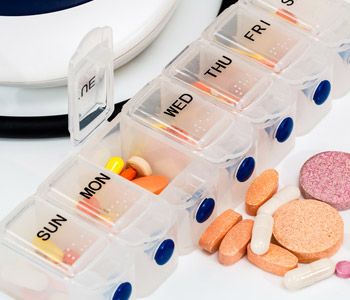
You can keep track of all the nutrition from minerals to proteins and animal fat, but judging your electrolyte intake can be a little more complicated.
Salt generally has a terrible name, and most people believe you should keep it to a minimum when on a restrictive diet.
That’s fine when your diet is very diverse and includes many different vegetables that include just enough electrolytes to give you all you need for the day.
But another option is to get a more diverse range of these essential minerals through supplements. Take a few servings, and you’ll be all set with less guesswork involved.
Read More: Best Salt for Carnivore Diet
4. Solving Digestive Problems

While on a carnivore diet, the digestive system problems that can occur are probably the most disruptive.
I found them more difficult to live with than a couple of days of brain fog and low energy. Some people I have talked to over the years suffered from bloating and constipation while on a carnivore diet.
But, the far more common issue is carnivore diet diarrhea. This is because your gallbladder is not producing enough bile to deal with the increased amounts of fat.
Solution is to take some supplements like Lipase or Betaine HCL. You can buy these supplements and take them just before eating.
Personal Experience: Overcoming Initial Hurdles on the Carnivore Diet
When I first transitioned to the carnivore diet, enthusiastic about its potential health benefits, I was surprised by the initial side effects.
In the first few weeks, I experienced increased fatigue, occasional headaches, and digestive discomfort. These were significant challenges as my body adjusted to a zero-carb, all-meat diet, a stark departure from my previous eating habits.
Concerned but not deterred, I consulted with a nutritionist who specializes in dietary transitions. We made sure that I was not only consuming a variety of meats to get a spectrum of nutrients but also focusing on proper hydration and electrolyte balance, which are crucial for a zero-carb diet.
Gradually, my body adapted.
The fatigue gave way to a new level of energy and mental clarity, and the digestive issues resolved as my gut adjusted to the high-protein intake.
Six months into the diet, not only did these initial side effects dissipate, but I also noticed significant improvements in my skin health, weight management, and muscle tone.
My experience is a testament to the diet's potential when approached thoughtfully and responsibly.
Carnivore Diet FAQs
Can the carnivore diet cause constipation?
Yes, the carnivore diet can cause constipation, but diarrhea is actually the more common digestive issue. Also, what many people suspect to be carnivore diet constipation is in most cases actually just fewer bowel movements.
This is because most of the meat is actually absorbed with less waste product being left over.
Can the carnivore diet increase cholesterol levels?
Yes, the carnivore diet can increase cholesterol levels, but it’s important to look at which types actually increase.
Some tests have shown that a meat only diet will actually lower the bad cholesterol and increase the good to end up with a much more positive ratio.
Will overeating meat cause kidney problems?
No, eating too much unprocessed meat will not cause kidney problems. It’s generally the processed meats that are very high in preservatives like salt, and excessive amounts of salt can cause kidney issues as they struggle to flush the excess out.
However, processed foods are not recommended on the carnivore diet.
At Carnivore Style, we believe in the power of the carnivore diet to transform your health and lifestyle. It might not always be easy, but with the right guidance and knowledge, the benefits far outweigh the challenges. Keep exploring our guides and resources, and remember, we’re here to help you stay on track with your carnivore journey.
References:
- https://www.piedmontese.com/blogpost.aspx?bpid=dr-shawn-baker-on-the-carnivore-diet
- https://www.outsideonline.com/2382501/shawn-baker-carnivore-diet-test
- https://www.ncbi.nlm.nih.gov/pubmed/25911631
- https://www.healthline.com/health/foods-to-avoid-with-arthritis
- https://www.independent.co.uk/life-style/health-and-families/carnivore-diet-plan-results-meat-only-fad-nutrition-health-warning-a84892


